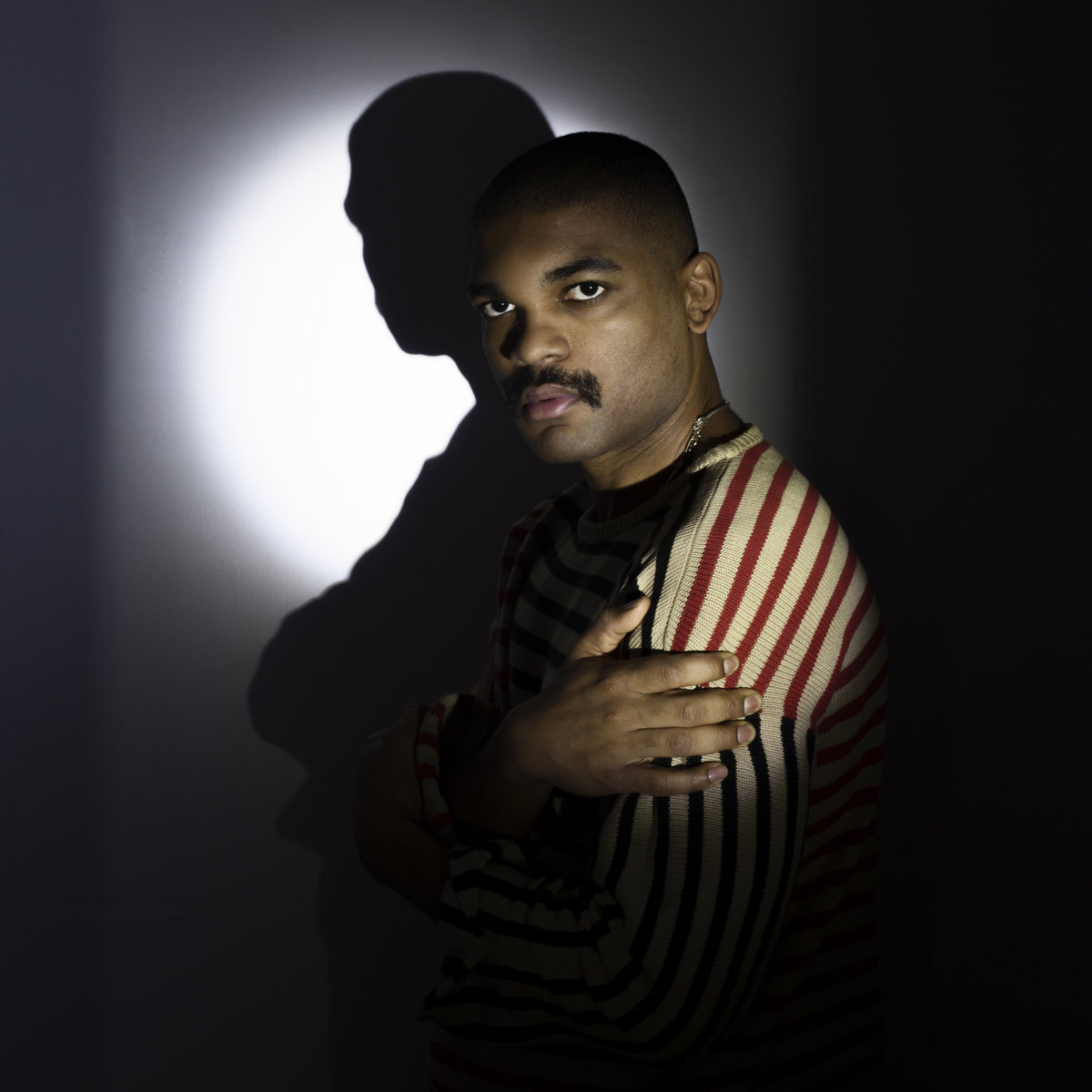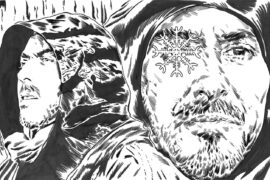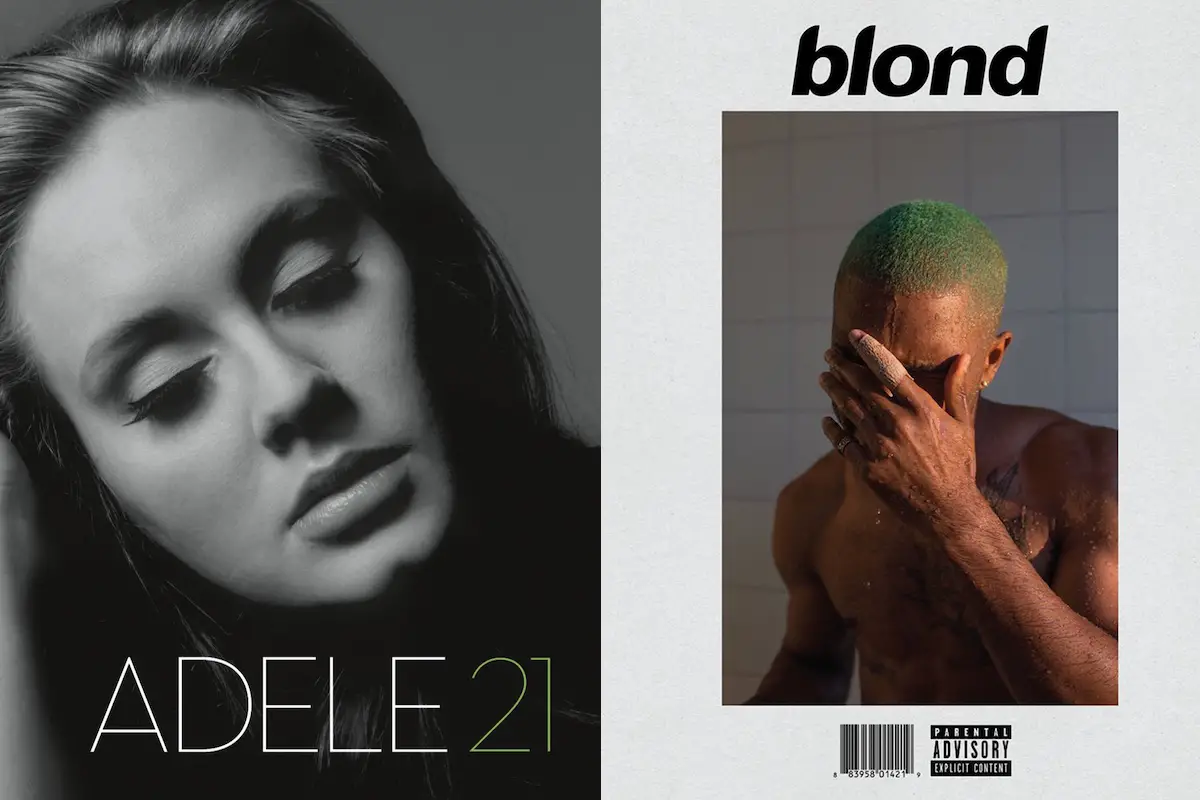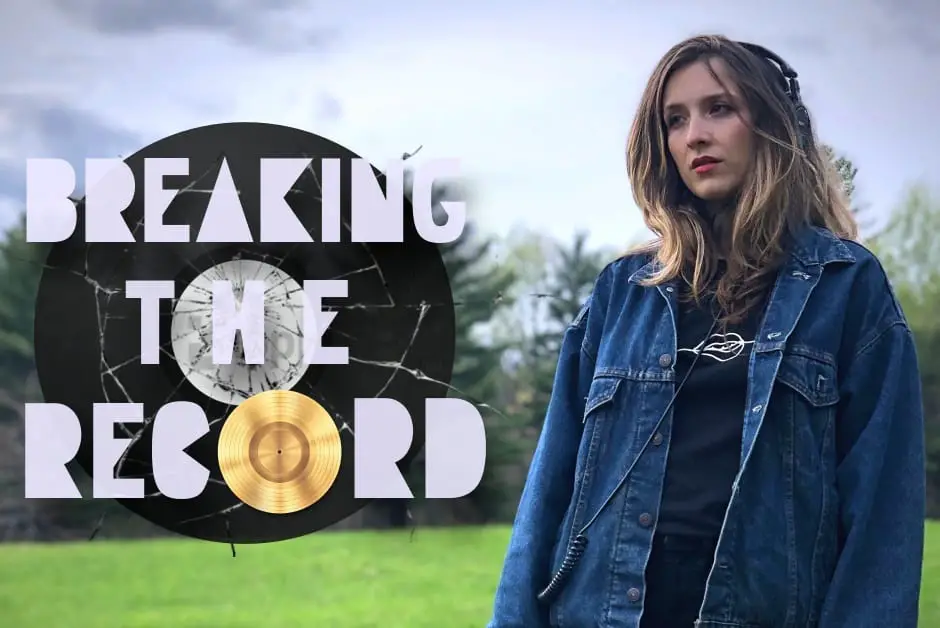Montreal singer/songwriter Aistis takes us track-by-track through his achingly intimate, confessional and cathartic sophomore album ‘Clay,’ the product of an anxious heart and restless soul that captures the alt-folk artist in the heat of the moment, unleashing his passion and pain in eleven beautifully tender, dreamy songs.
for fans of John Lennon, Paul Simon, Father John Misty, Andy Shauf
Stream: “Lilac Perfume” – Aistis
It always looks the same, smiling through the pain. I think it’s just a part of you… It’s part of me too…
Oh, the things we do to calm our busy heads, our anxious hearts, and our restless souls.
Aistis Cepinskas was already in the studio putting the finishing touches on what was supposed to be his long-awaited sophomore album, when creativity called him like a siren in the night.
Creativity, that is, and a fraught love life.
Wrestling with himself and in need of emotional release – a way of working through those turbulent feelings slowly consuming him – the Lithuanian-Canadian artist turned to his de facto means of self-expression. No sooner had one album been completed (albeit unreleased), than he started on – and quickly finished – a brand new batch of semi-autobiographical songs whose intimacy, immediacy, and intentionality demanded they take precedence and priority. Recorded in a smaller studio space next to his home, the collection – eventually titled Clay – is at once confessional and cathartic, vibrant and vulnerable, dusty and dynamic; an unexpected, yet incredibly moving record that, to quote one of its songs, “wreaks of inside jokes, of disillusionment and notes”… and more to the point, captures Aistis in the heat of the moment, unleashing his passion and pain in song.

Subtle sad reminders
Almost everywhere I look
I miss you more than I probably should
Neuroses like a cancer
Growing like a lump
that’s on the side of my neck
Now every time I see you
I don’t know how to act
Observe you, like in nature
Plateau Botticelli in a baseball cap
Both experts in the field
of this now broken romance
– “Plateau Botticelli,” Aistis
Independently released June 28, 2024, Clay is a record made from and for the heart. Aistis’ (surprise) second album is as tender as they get, its deeply reflective songs bathed in warm layers of vocal harmony and dreamy instruments recorded so close, that it feels like you’re there in the room with him the whole time. Since he made this record right after making another (still forthcoming) album in a proper, professional recording studio, Clay doesn’t have any music videos, and there wasn’t some big marketing push around it.
Quite frankly, it doesn’t need those things; these eleven songs shine bright enough on their own, each one the product of love, care, and considerable tension. Aistis’ lyrics are soul-stirring, his melodies moving, his production utterly enchanting; it’s clear from the onset that the Montreal-based singer/songwriter, producer, and multi-instrumentalist carefully sculpted every bit of this 41-minute journey to feel as intimate and personal as possible.
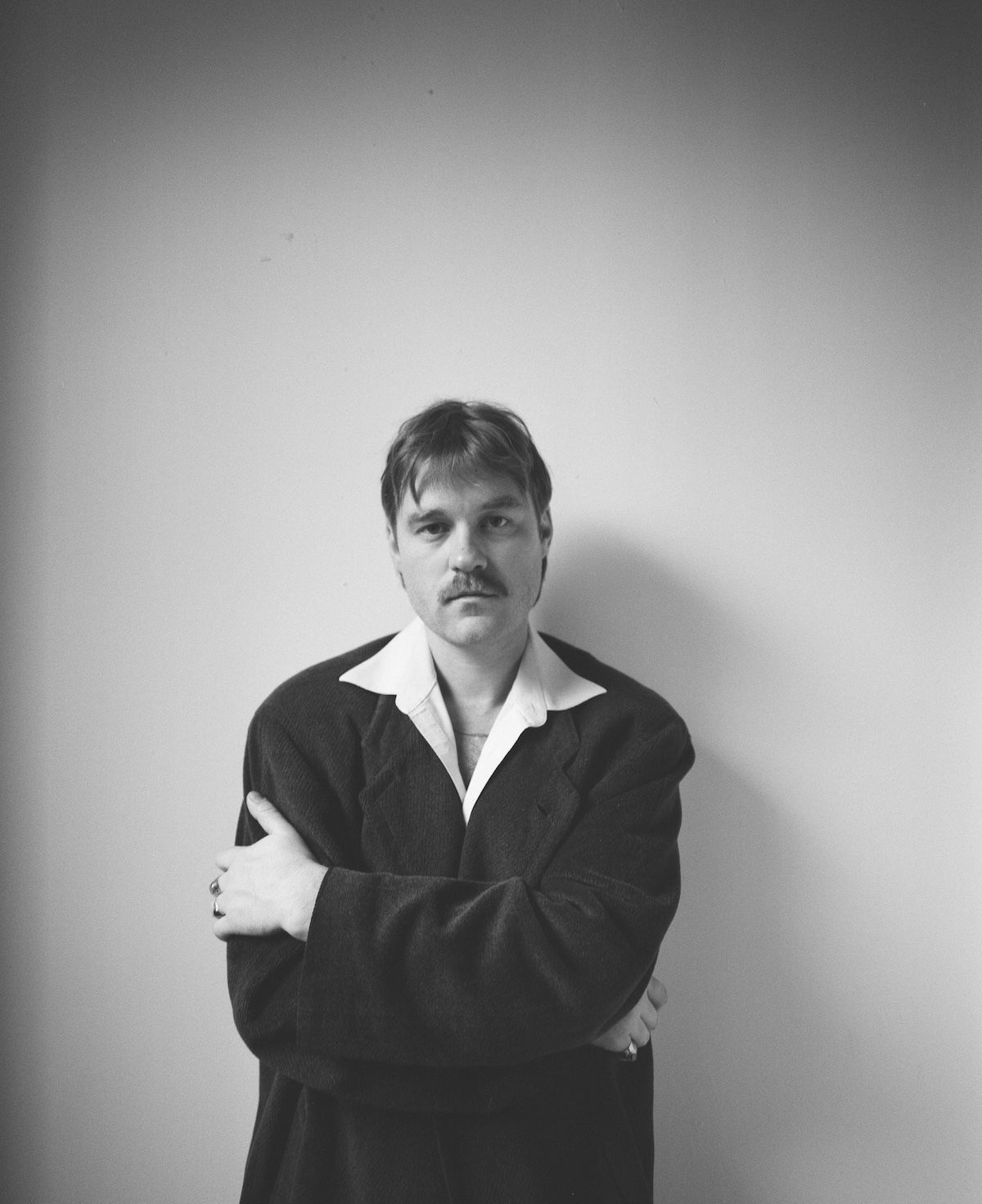
Seven long years after 2017’s debut LP Love Me, I’m Bored, Aistis’ sophomore album is a truly special reintroduction.
Speaking to Atwood Magazine, the Ontario native explains just how serendipitous, and how meaningful, this album was for him.
“The seeds for Clay were planted when I was nearing the completion of another album I had spent a long time recording at a beautiful studio here in Montreal called The Treatment Room,” he recalls. “Back at my own humble little studio space next to my home, I wanted to work on new songs to keep the artistic mind stimulated. I initially had no idea it would become a full album, but the ideas piled on as I was recording, and thus Clay was born. It became a mix of navigating my emotions surrounding a personal relationship, as well as creative exploration in predominant isolation.”
“I had been navigating a relationship with someone that I loved deeply but found ever-confusing, beautiful, sometimes painful, strange, complicated, yet life-affirming,” he expands. “I think a lot of Clay started as an exploration of trying to gain a deeper understanding of what it was I was feeling, but sort of morphed into its own entity the further in I went. As the writer and creator of the work, there is inherent bias in my re-telling of history and feeling. This became ever apparent to me the more I wrote, so I decided it would be far more interesting and true to explore my feelings around this relationship by blending elements of reality with intentional fiction and exaggeration, told through the narration of multiple voices. Myself, the muse, and the inner-voice, without ever defining who it is that is speaking. The journey became non-linear and is full of love, hypocrisy, self-reflection, inside-jokes, romanticism, self-deprecation, and beauty. Despite its fictional elements, it somehow feels like the most honest exploration of the love and reverie I hold for this person, for every experience shared together, good or bad, as well as of the self.”
“Throughout the entire process of making Clay, this person remained (and remains) involved and played/plays a huge role in collaboration, making everything all the more special, while almost adding to the ethos and mythology of Clay itself.”
Hope the concretes okay!
I landed hard on my face
I hope it’s okay!
It ripped your shirt that I saved
And left a permanent stain
A permanent stain…
With soap I scrub it everyday
And yet the stubborn mark remains!
And mocks!
Me next to the coat
The one I lent you in hopes
It’d alchemize pheromones
To create monstrous love
The world would be jealous of
Unhealthy, monstrous, love
But it just wreaks of inside jokes
Of disillusionment and notes
That permeate through my room
I blame the lilac perfume
For caging me in the ruse
– “Lilac Perfume,” Aistis
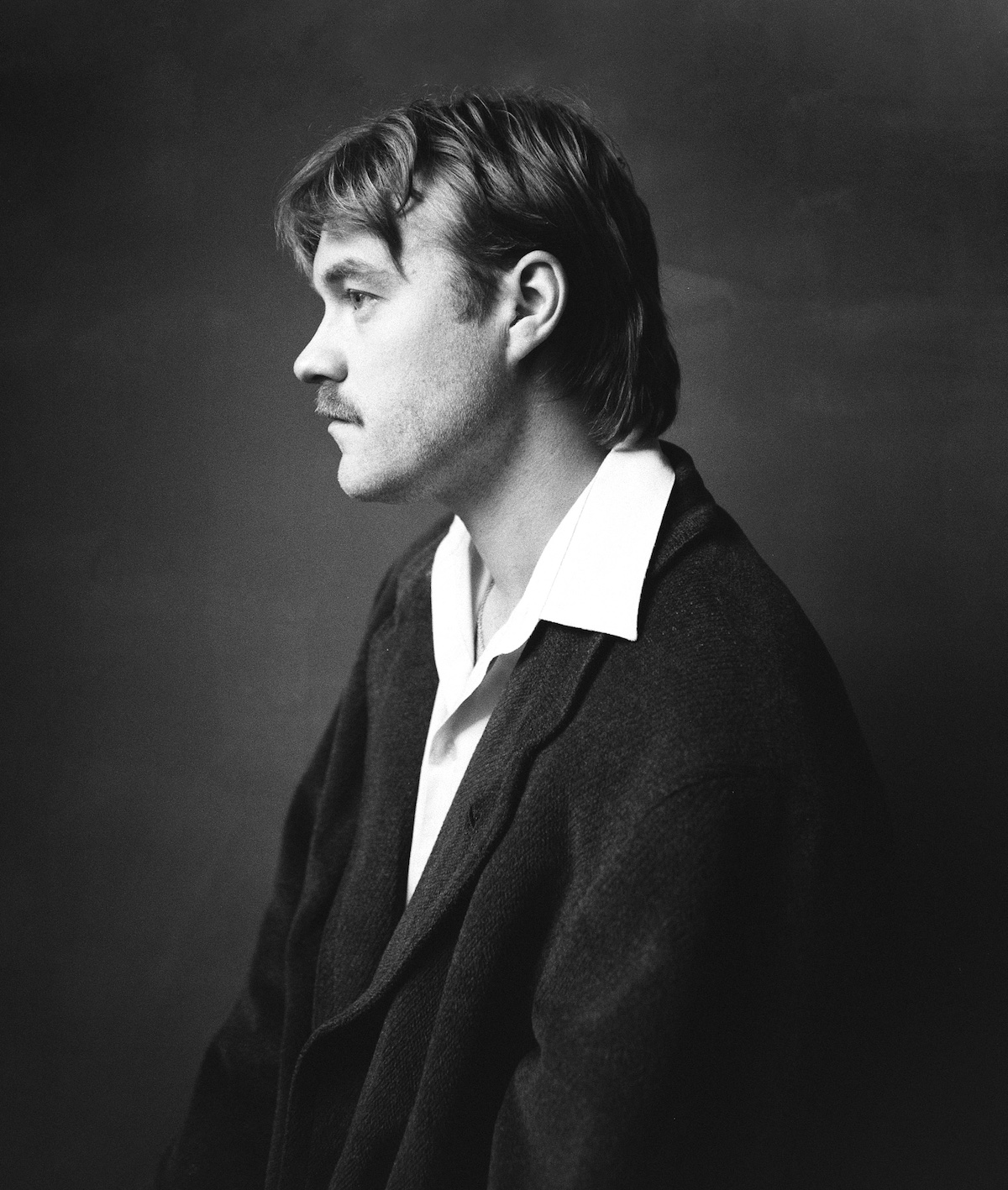
The ultimate vision behind the album, Aistis says, was “to create a fantastical vignette of a complex relationship through lyrical and sonic storytelling that ironically translates as a more truthful representation than perhaps the reality of the situation itself.”
In other words, zhuzhing up what would have otherwise been an authentic (albeit one-sided) autobiography means this album is no longer “true” to how things literally played out, but it nevertheless rings true as far as the heart and soul are concerned.
“I think through the recording of Caviar for Seagulls, the album that will now succeed Clay, I learned how to be creatively uninhibited and playful,” he adds. “To me, Clay and Caviar are where I really feel the culmination of all the years I’ve put into my craft and work, and it truly feels like ‘me,’ for lack of a better word – both sonically and lyrically. Very freeing.”
Aistis describes Clay as earnest, manic, and playful. The album’s title, he explains, is a reference to malleability: “The ability to take on many different shapes and forms, as well as a personal inside joke between someone else and myself.”
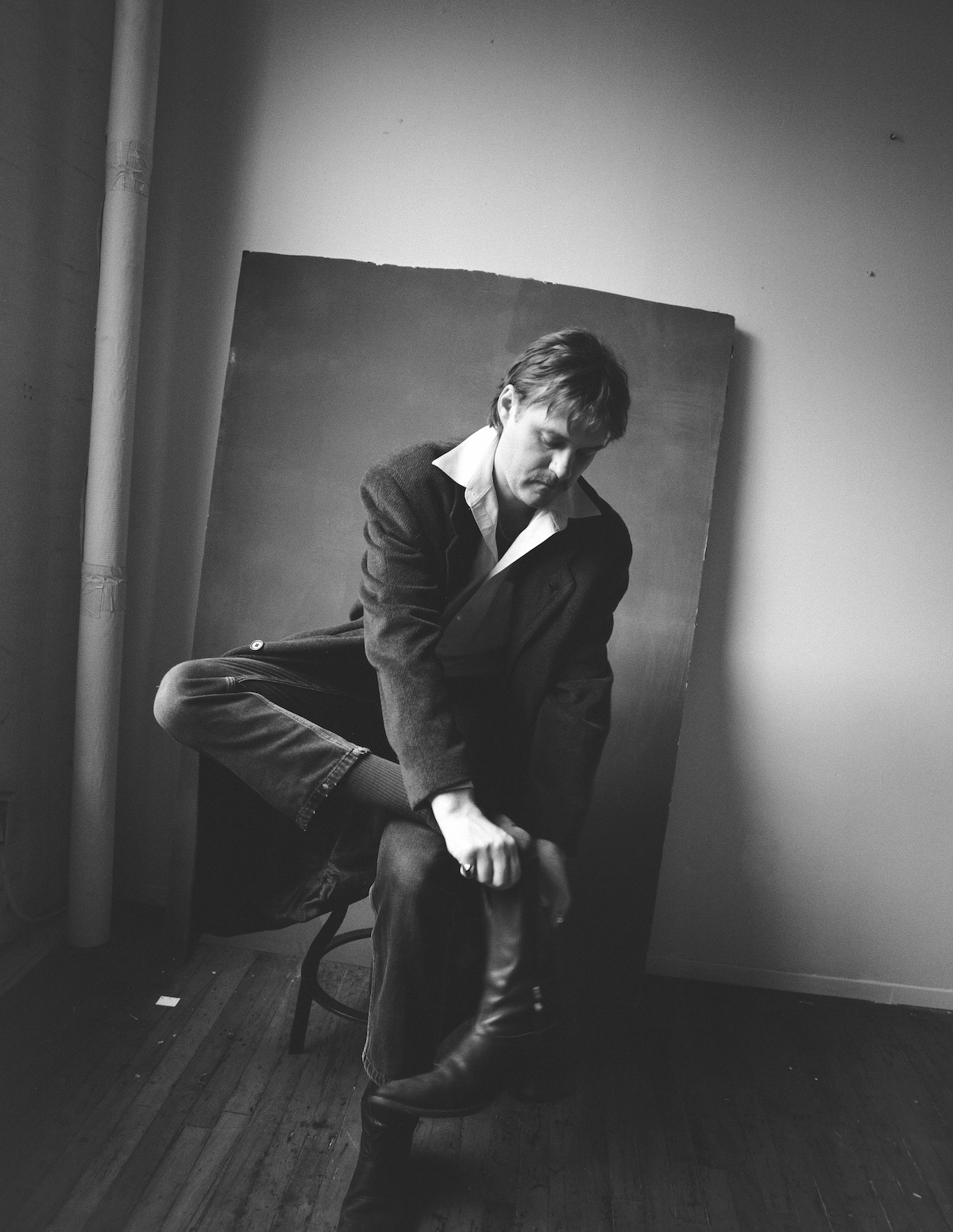
From the scene-setting album opener “Plateau Botticelli” to the cinematic, heart-on-sleeve closing track “Clay,” Aistis holds nothing back in offering up his unabridged, uncompromised self – all the while sacrificing neither style, nor substance, as each song ebbs and flows, soaring high and sweeping low with grace, grit, and a rugged charm. His art is a radiant blend of nostalgia-inducing classic pop and achingly vulnerable folk, the resulting music calling to mind everything from John Lennon and Paul Simon’s respective solo albums, to the works of more recent singer/songwriters like Father John Misty and Andy Shauf.
“I really like the narrative and sonic arch of the album,” Aistis smiles. “Despite it being non-linear, to me it really feels like you arrive somewhere by the end of the album, in a much different yet cathartic place than where the album starts.”
Clay, for you, a hymn
Forgiving everything
Six-foot-three-inches tall, I fall
And look up from my knees
To show I’m weak
Clay, show me your hands
To help me understand
I’ve never read a palm
But if the lines look wrong
We’ll fix them with this pen
I’m stuck inside some fishbowl
Of cobalt greens and blues
With algae covered creatures
And mermaids swimming nude
I think I’ve met the answer
I’m getting her tattooed
Love lost is the salvation
The wire through which I chew
– “Clay,” Aistis
While the album is best listened to in full as one majestic piece, song highlights for this writer include the spirited, unapologetically expressive “Lilac Perfume,” the moody, brooding, and altogether enchanting “Sisyphus With Shorter Hair,” the ethereal and seductively immersive “Lover of Creation” (featuring fellow singer/songwriter Freida Mari), and the hearty folk dream “Thought it over and I Think You Should Move On.”
As a lyricist, Aistis is exceptionally proud of the entire record. “I really nitpick over my writing and really try for there to never be any filler, somewhat obsessively,” he says. “If I had to pick [one favorite] however, I really love the second verse of ‘No More Surprises.’ These lyrics sort of act as the overarching essence and theme of my life. A throughline of humour and pain co-existing synonymously, searching for answers yet forever scratching thy head,” he laughs.
Stumble the streets
Catcalling God for a sign
Don’t really care what you preach!
I only care that you try!
What is it you need now from me?
That is neither fantasy nor funny?
Depictions of love?
The moral debts that you owe?
Out on the hunt now to fix
something you don’t even know?
Honesty’s the thief left wanting
To taste the sweet aperitif of longing
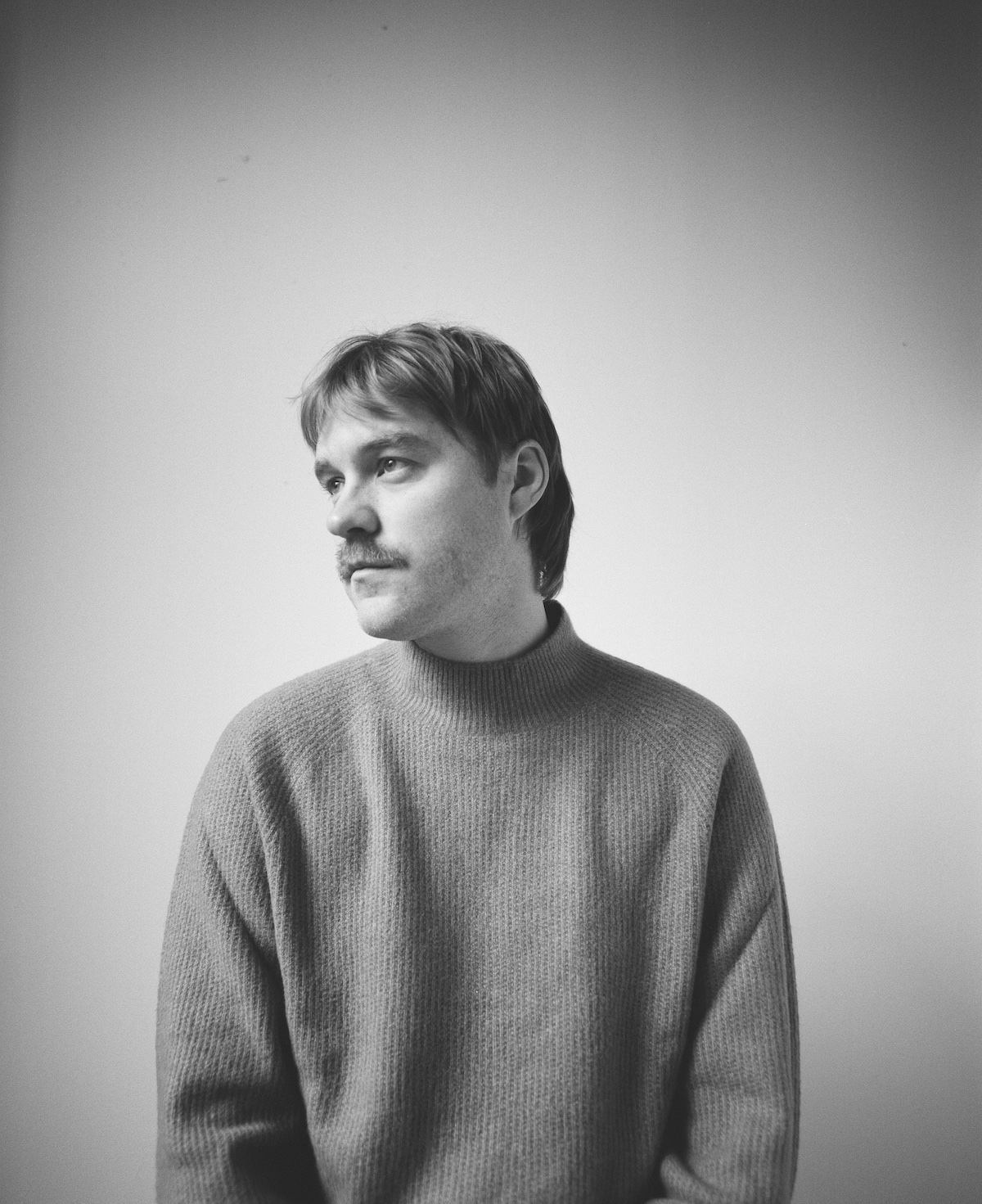
Caviar for Seagulls, the album originally slated to be Aistis’ second LP, is still slated to release at some point. However, upon its release, it will be his third full-length album – and it will have some big shoes to fill, considering the weight, the depth, and the sheer ache of its predecessor.
Out of his busy head, his anxious heart, and his restless soul, Aistis molded Clay, an album whose intimate emotions take it to epic heights.
“The ultimate goal is always connection and catharsis,” Aistis shares. “I hope it heals in whatever tiny or grand ways the way it and other music has for me.”
Experience the full record via our below stream, and peek inside Aistis’ Clay with Atwood Magazine as the he goes track-by-track through the music and lyrics of his latest album!
— —
:: stream/purchase Clay here ::
:: connect with Aistis here ::
Stream: ‘Clay’ – Aistis
:: Inside Clay ::

— —
Plateau Botticelli
“Plateau Botticelli” was the first song that I wrote for Clay, which more or less became the starting point for the songs that followed. Through the insular writing/recording/production process of that song, I felt like I had unlocked something that felt freeing and sounded like “me” for lack of a better term, and I felt excited and inclined to follow that thread. Simultaneously, I had been navigating a relationship with someone that I loved deeply but found ever-confusing, beautiful, sometimes painful, strange, complicated, yet life-affirming. I think a lot of Clay started as an exploration of trying to gain a deeper understanding of what it was I was feeling, but sort of morphed into its own entity the further in I went. As the writer/creator of the work, there is inherent bias in my re-telling of history and feeling. This became ever apparent to me the more I wrote, so I decided it would be far more interesting and true to explore my feelings around this relationship by blending elements of reality with intentional fiction and exaggeration, told through the narration of multiple voices. Myself, the muse, and the inner voice, without ever defining who it is that is speaking. The journey became non-linear and is full of love, hypocrisy, self reflection, inside-jokes, romanticism, self-deprecation, and beauty. Despite its fictional elements, it somehow feels like the most honest exploration of the love and reverie I hold for this person, for every experience shared together, good or bad, as well as of the self. Throughout the entire process of making Clay, this person remained/remains involved, informed, and played/plays a huge role in collaboration, making everything all the more special, while almost adding to the myth of the entire thing. A lot of art-imitating-life, life-imitating-art going on, which as an artist is always fun (laughs). Is anything any clearer now? I’m not sure, but I think that’s sort of beyond the point of the whole thing, you know?
Lilac Perfume
This is an ugly yet sensitive song about someone who can’t seem to move past heartache, where everyday objects morph and serve as constant reminders of the person they long for. As the song progresses, the narrator slowly descends into madness, and perhaps shows signs of why things may have ended in the first place. Wrestling with ego, jealousy, yet sincerity and admiration. I wrote it on piano first, but after I recorded the baseline, the form of the song really started to take shape. I wanted the sonic elements to build and build and build until it suffocated the listener and mirrored the lyrical emotions of the narrator slowly losing grip of themselves and the reality that they have built around them.
Inside
Initially recorded as the part B to Lilac Perfume, this interlude stands as the thesis statement of the album. To blur the lines of where reality starts and fiction begins, because that idea in itself can be more exciting and cathartic than true reality. Forever ambiguous, perhaps even for the creator. Production wise, I went very experimental and approached each instrument through a stream of conscious veil. I wanted it to feel like the listener is completely submerged inside the brain of the narrator, in a very dissonant and strange space.
No More Surprises
This song is sort of the antithesis to the emotions displayed in “Plateau Botticelli” and “Lilac Perfume”. There are no contradicting emotions in this song. It is very earnest, vulnerable, and is full of love, confusion, defeat, and pain. I had found myself in bit of a self-destruction phase with ever-growing confusion at the time of writing this song. I was feeling really tired, full of heartache, drinking a lot, and unsure of where to turn to with the surplus of emotions I was processing. The crux of this song is really in verse two. I am not religious, but have always found it interesting how people turn to religion when feeling desperate and are in copious amounts of pain. I grew up going to Catholic school, and I think a lot of the taught concepts and beliefs have seeped into my subconscious in more ways than I’m aware of, even if I don’t believe in them. Feelings of guilt, shame, self-flagellation, etc. At the time of writing this song, I would find myself walking home drunk, looking at the sky, and whispering some half-assed prayer for the first time in roughly 10-15 years, very melodramatically, longing for change, which is both absolutely pathetic, but also slightly sweet and hilarious. Heartache does strange things to the mind. I use the word “God” in this song more as a concept of something ultimately larger than myself as opposed to a literal deity, but the concept of “catcalling” God always cracked me up. I’m really proud of this song. It feels sonically very “organic” and the mix reminds me of Harvest era Neil Young (who has always been a huge influence). I love to try and juxtapose dark lyricism with colourful melody. This song is a good example of that.
So They Say
Similar feelings of defeat as “No More Surprises”, but darker and starker lyrically. I don’t really remember writing this song, and I don’t particularly like the headspace of the person that was writing this song at the time. It seems to be a vignette of me analyzing myself and my drastic mood-shifts. I wanted the sonic elements to represent that. The shift in tone at the bridge is intended to mimic such mania, and is also the first (and most likely last) time I’ve ever “meowed” on a song. By including those animal noises, it made me realize the growth I’ve had as an artist. I would’ve never had the confidence to do something that dumb and playful in earlier work, so by including it or even having the idea to record something so childish, it gave me a new found perspective on my artistic journey and life. If I can remember, I think it was also very inspired by the utter joy I felt when listening to Fiona Apple’s dolphin-esque singing at the end of “I Want You To Love Me.”
Sisyphus With Shorter Hair
A re-telling of the myth of Sisyphus through the lens of strange conversations, romance, and self-reflection. I had shaved my head for the first time in my life around the time that I wrote this song, and while I have no idea what the length of Sisyphus’ hair was, I’ve taken the liberty to assume that mine was shorter at the time. So thus, I became “Sisyphus With Shorter Hair,” eternally pushing the boulder of love up the hill, only to start over and over again (laughs).
Lover of Creation
This song is the first time I’ve ever written and recorded a song where I feel like I can observe it and experience it as an outside listener, solely due to Freida Mari’s striking vocals. Longtime friend and collaborator, her voice transcends and moves me in ways that are hard to articulate. Striking this balance between power and fragility few can achieve. I find myself lost in a trance when I listen to this song. It also serves as the middle-point/turning point in the album, where the sonic elements start to lean more organic and bare from here on out.
Sunken Expressions of Guilt
An entirely fictional situation explored through very real emotions about two lovers stuck in a car together after an argument, driving through middle America, with palpable tension thick enough to be cut with a knife. Heavily inspired by one of my favourite films and the soundtrack that accompanies it by Ry Cooder, “Paris, Texas.” My childhood friend Charlie played slide guitar on this one. It was the last thing we recorded for the tune and it really ties the whole song together in my opinion. His guitar playing and sensibilities make me endlessly joyous and awe-struck.
Thought It over and I Think You Should Move On
The last conversational song of the album. A long winded-conversation about vulnerability, ego, desire, and projection. The whole album can be summed up in the last line of the song: “And yet it’s so soothing the sound of your voice, each time you explain this death of sorts.”
The Mouse In The Kitchen
This is the last song I wrote for the album. This song is more of a self-reflection on my entire life, with themes that still relate and pertain to the album. It explores the story of Cain and Abel, temptation, my teenage decision to dedicate my life to songwriting, and the quest for truth and meaning.
Clay
The epitaph/summary of the album, with one last grand gesture. It is the “basket full of crumbs and a smoked-salmon croissant hand-wrapped in floral print.” A wink, and a nod.
— —
:: stream/purchase Clay here ::
:: connect with Aistis here ::
— — — —

Connect to Aistis on
Facebook, YouTube, Instagram
Discover new music on Atwood Magazine
© Sophia Perras 🖼 © Chloe Gallagher-Smylie
Clay
an album by Aistis

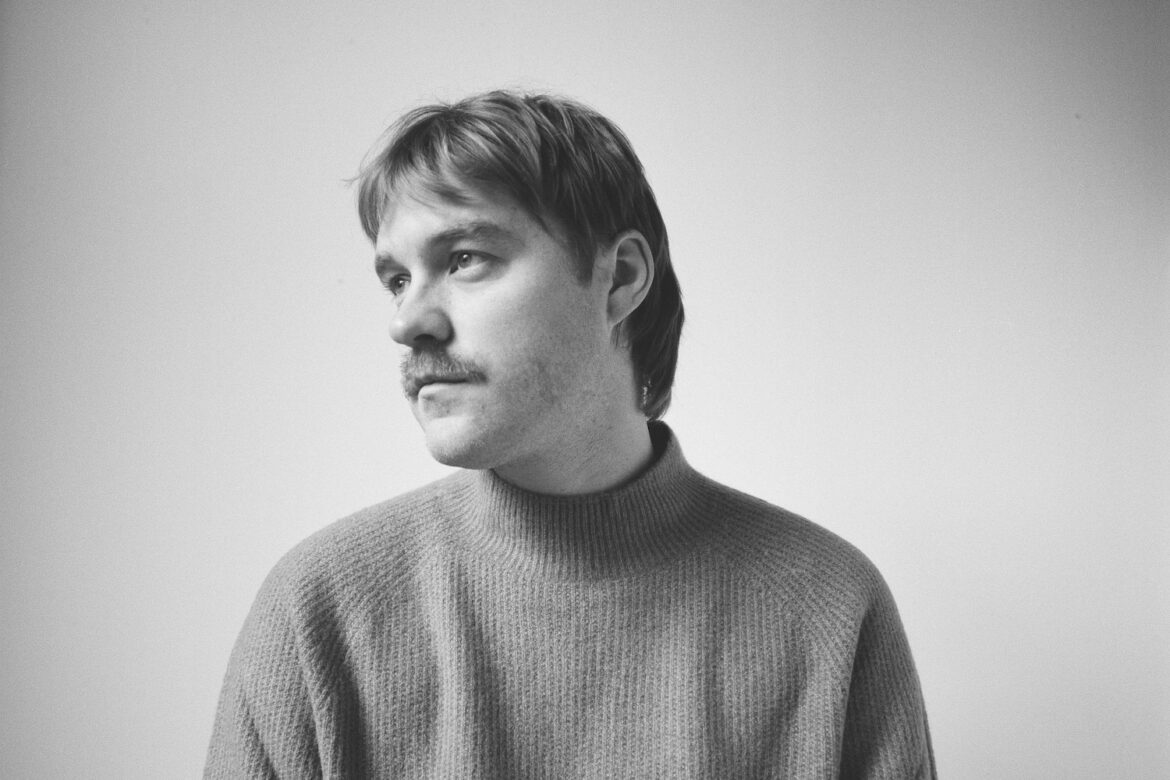
 © Sophia Perras
🖼 © Chloe Gallagher-Smylie
© Sophia Perras
🖼 © Chloe Gallagher-Smylie